|

HOME |
ABOUT | INDEX |
NEWS |
FACEBOOK |
CONTACT
DOMESTIC ABUSE
Intimate Partner Violence
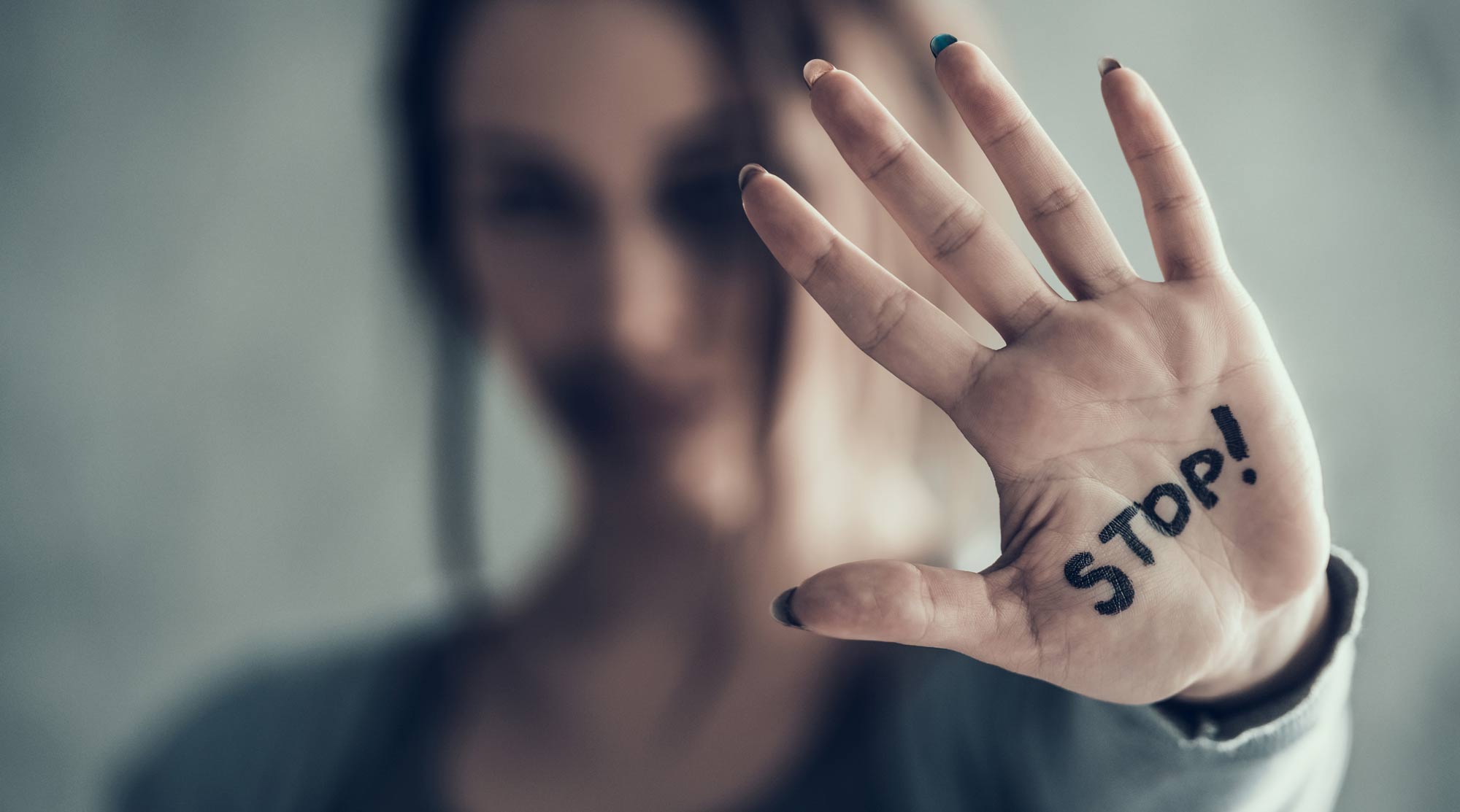
National Domestic Violence Hotline
800-799-7233

Same Sex
Violence and Abuse
Domestic violence in the LGBTQ community is a serious
issue. The rates of domestic violence in same-gender
relationships is roughly the same as domestic violence
against heterosexual women. As in opposite-gendered
couples, the problem is likely underreported. Facing a
system which is often oppressive
and hostile towards those who identify as anything other
than "straight", those involved in same-gender battering
frequently report being afraid of revealing their sexual
orientation or the nature of their relationship.
Additionally, even those who attempt to
report violence in their alterative relationship run
into obstacles. Police officers, prosecutors, judges and
others to whom a LGBTQ victim may turn to for help may
have difficulty in providing the same level of service
as to a heterosexual victim. Not only might personal
attitudes towards the LGBTQ community come into play,
but these providers may have inadequate levels of
experience and training to work with LGBTQ victims and
flimsy or non-existent laws to enforce on behalf of the
victim.
 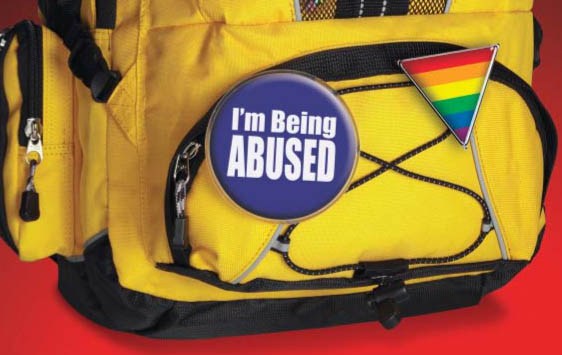

LGBTQ People More Likely to be
Victims of Domestic Abuse, Support Systems are
Failing Them
Sexual Assault and the LGBTQ Community
California Fire Captain Found Stabbed To Death—Wife
Named As Suspect
National Intimate Partner and Sexual Violence Survey
Half of Gay Men Have Been Abused by Their Partners
Rainbow Domestic Violence
Is Your Partner Setting a Boundary or Controlling Your
Behavior
Although much advancement has been made
in the provision of services, the enforcement of the
law, and the equality of protections available to those
in LGBTQ relationships over the last decade, it is
important for you to be aware of your rights and options
as they relate to your attempt to escape an abusive
relationship.
Domestic violence, or intimate partner
violence (IPV), is a pattern of coercive behaviors that
includes one or more of the following: physical abuse or
the threat of physical abuse, psychological abuse, rape,
sexual assault, progressive social isolation,
deprivation, intimidation, and/or economic coercion.
Domestic violence or IPV is perpetrated against current
or former intimate partners with whom the perpetrator
dated, engaged in a chiefly sexual relationship, married
or cohabited.
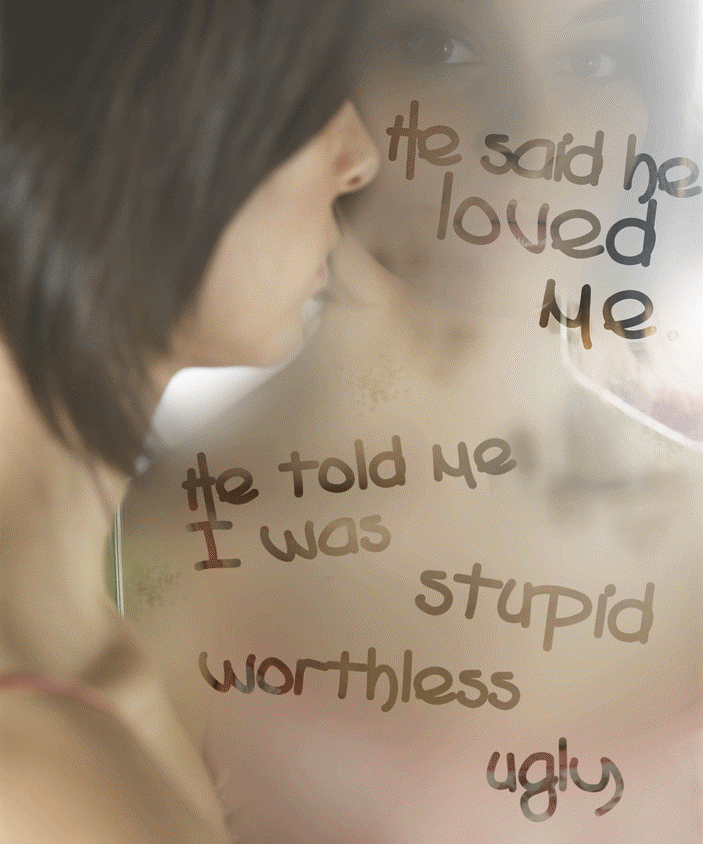
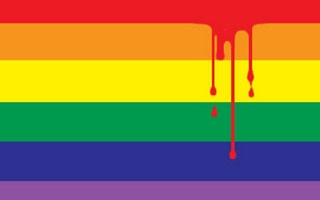
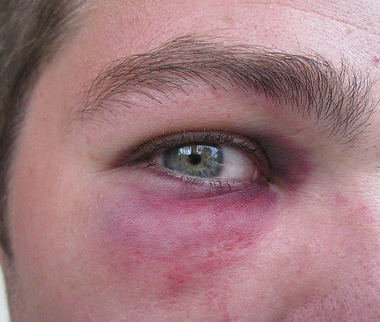
Adults and adolescents can perpetrate
IPV or be survivors of IPV. Abuse can include physical,
emotional, sexual, or economic abuse, as well as
threats, intimidation, and isolation. For LGBTQ people
in relationships, an abusing partner may also use the
weapons of heterosexism and homophobia and threaten to
“out” an abused partner in situation where the abused is
not out. IPV happens in every part of our community, to
people of every race, ethnicity, class, age, ability or
disability, education level, and religion.
Trans Men and
Domestic Abuse
Rise in Dating Violence in LGBTQ Youth
Legal Rights of LGBTQ Victims of Domestic
Violence
Rainbow Response
Domestic Violence in Same Sex Relationships
Myths About LGBTQ Domestic Violence
Broken: Song by Kim Petras
National Coalition of Anti-Violence
Program
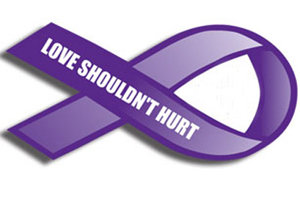
Violence Against
Women Act Expands Services to LGBTQ Survivors
“No one, regardless of gender or sexual orientation,
should experience abuse. Period. And if they do, they
should have the service and support to get through it,
and we’re not going to rest.”
-President
Joe Biden
The Violence Against Women Act, reauthorized in the
spending bill signed into law by President Joe Biden,
now for the first time includes a grant program designed
to aid LGBTQ survivors of domestic violence and sexual
assault.
The act has for some years has barred service providers
from discriminating based on sex, sexual orientation,
and gender identity, but the reauthorized version does
much more, activists note. “This Act creates the first
grant program dedicated to expanding and developing
initiatives specifically for LGBTQ domestic violence and
sexual assault survivors,” said a statement from Liz
Seaton, the National LGBTQ Task Force’s policy director.
“Our sister organization, the National LGBTQ Task Force
Action Fund, participated in a working group on bill
language and advocated for its passage.”
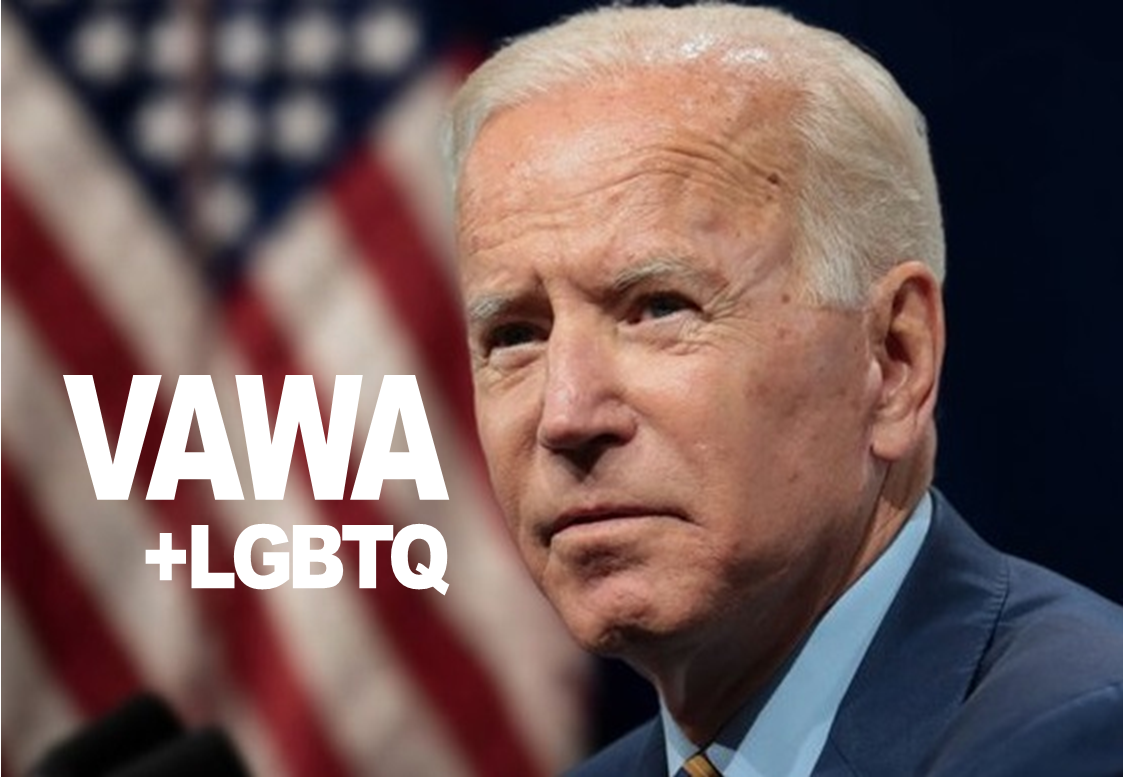
Violence Against Women Act Expands
Services to LGBTQ Survivors
Gay, Lesbian and Bisexual Youth Raped and
Abused by Dates More Often
Domestic Violence in Same Sex Relationships
Myths About LGBTQ Domestic Violence
Sexual Assault and the LGBTQ Community
LGBTQ People More Likely to be
Victims of Domestic Abuse, Support Systems are
Failing Them
California Fire Captain Found Stabbed To Death—Wife Named
As Suspect
“This legislation has the strongest-ever provisions to
benefit LGBTQ survivors,” added Beverly Tillery,
executive director of the New York City Anti-Violence
Project, which coordinates the National Coalition of
Anti-Violence Programs. “While the LGBTQ community
continues to experience a barrage of anti-trans and
anti-LGBTQ attacks across the nation, VAWA provides a
brief moment of hope that we can and will continue to
make important advancements for our community. This
victory is the result of a strong coalition of advocates
who have been willing to fight with and for the most
marginalized communities in our country.”
At an event celebrating the VAWA reuauthorization, Biden
noted, “No one, regardless of gender or sexual
orientation, should experience abuse. Period. And if
they do, they should have the service and support to get
through it, and we’re not going to rest.”
VAWA was first passed in 1994. Biden helped write it
when he was a US Senator. It requires reauthorization
every five years, but it lapsed in 2019, largely due to
partisan disputes over whether to include a provision
banning gun ownership by dating partners and stalkers
who have been convicted of domestic violence. The
current law bans this for those who have been spouses of
victims, and Democrats agreed to drop the expansion of
the ban in order to get the reauthorization passed.
Senate Majority Whip Dick Durbin said it was a “tough
choice” to drop that, but the level of support needed
was simply not there.
[Source: Trudy Ring, Advocate, March 2022]
National Intimate Partner and Sexual Violence Survey
Intimate Partner Violence
National Coalition of Anti-Violence
Program
Washington Post: Violence and Abuse in LGBTQ
Relationships is Common
Trans Men and
Domestic Abuse
Love is Respect: Healthy LGBTQ Relationships
Broken: Song by Kim Petras
Understanding Domestic Violence in
the LGBTQ Community
Domestic violence is a pervasive issue that affects
various segments of society, including the LGBTQ
community. Despite significant progress in LGBTQ rights
and visibility, members of this community continue to
face unique challenges, and domestic violence remains a
concerning problem. This article aims to shed light on
domestic violence within the LGBTQ community,
emphasizing the importance of awareness, support, and
tailored solutions.
Defining Domestic Violence in the LGBTQ Context -
Domestic violence, often referred to as intimate partner
violence, occurs when one partner seeks to gain power
and control over another through physical, emotional, or
psychological abuse. In the LGBTQ community, this type
of violence can manifest in both similar and distinct
ways compared to the heterosexual population.
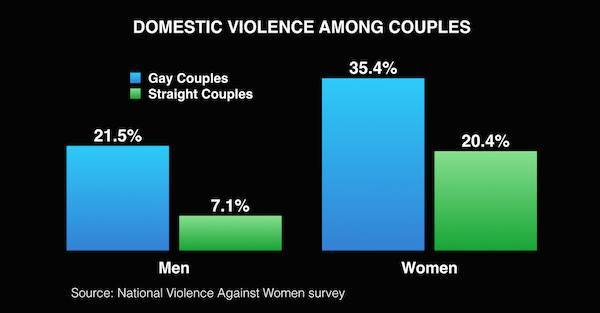
Love is Respect
Domestic Violence is an LGBTQ Issue
Sexual Assault and the LGBTQ Community
Cost of Living Crisis Forcing More LGBTQ Abuse Victims
to Stay With Abusers
Violence
Against Women Act Expands Services to LGBTQ Survivors
Gay, Lesbian and Bisexual Youth Raped and
Abused by Dates More Often
Domestic Violence in Same Sex Relationships
Challenges
and Dynamics... Several factors contribute to the
complexities of domestic violence within the LGBTQ
community:
Isolation and Stigmatization: LGBTQ individuals may be
isolated from their families due to their sexual
orientation or gender identity, leaving them with
limited support networks. This isolation can make it
challenging to seek help when facing domestic violence.
Intersectionality: The experiences of LGBTQ individuals
are not uniform; they can be further complicated by
race, ethnicity, socioeconomic status, and disability.
Intersectionality plays a crucial role in how domestic
violence is experienced and addressed.
Lack of Awareness: Despite increased visibility,
societal understanding of LGBTQ issues remains limited
in some areas. This lack of awareness can lead to
insensitive responses from authorities and service
providers, hindering victims' ability to seek help.
Power and Control Dynamics: Abusers can exploit societal
prejudices against LGBTQ individuals to manipulate and
control their partners. Threats to "out" someone's
sexual orientation or gender identity can be used as a
tool for control.
Legal Barriers: In some regions, legal protections for
LGBTQ individuals are inadequate, making it harder to
escape abusive relationships and access support
services.
Love is Respect
Domestic Violence is an LGBTQ Issue
Sexual Assault and the LGBTQ Community
Cost of Living Crisis Forcing More LGBTQ Abuse Victims
to Stay With Abusers
Violence Against Women Act Expands
Services to LGBTQ Survivors
Gay, Lesbian and Bisexual Youth Raped and
Abused by Dates More Often
Domestic Violence in Same Sex Relationships
California Fire Captain Found Stabbed To Death—Wife
Named As Suspect
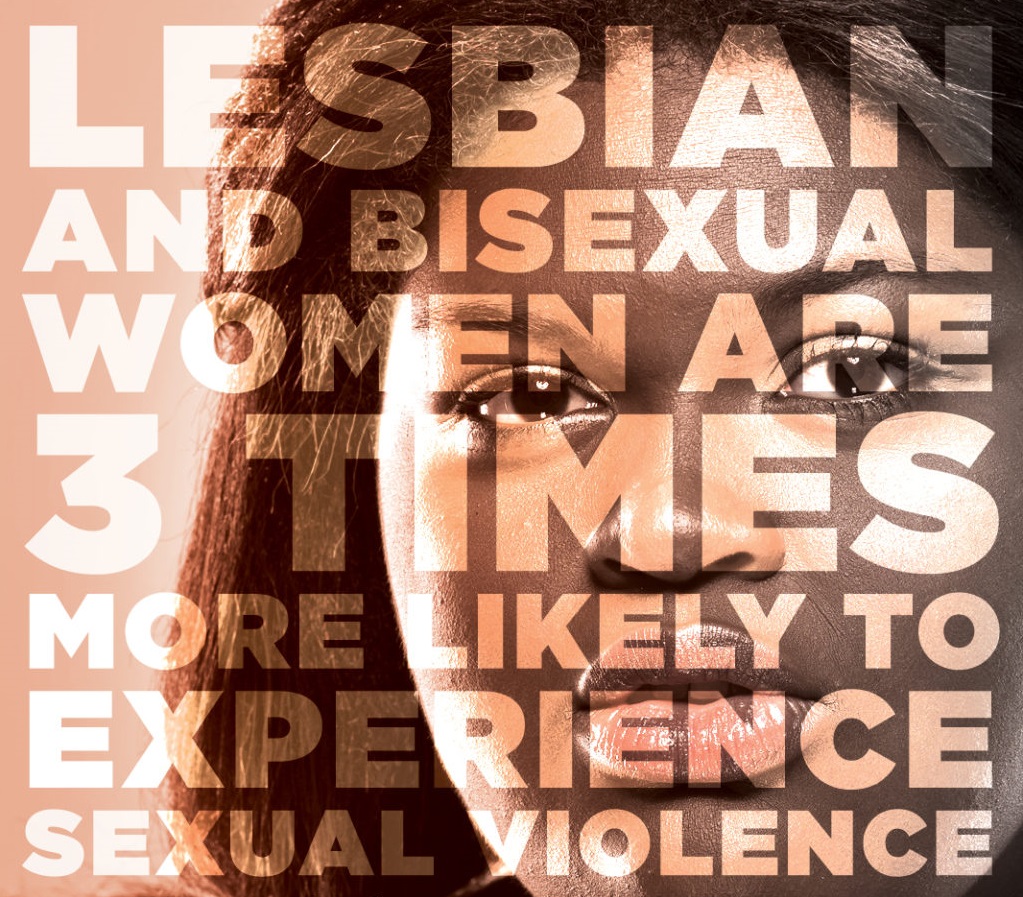
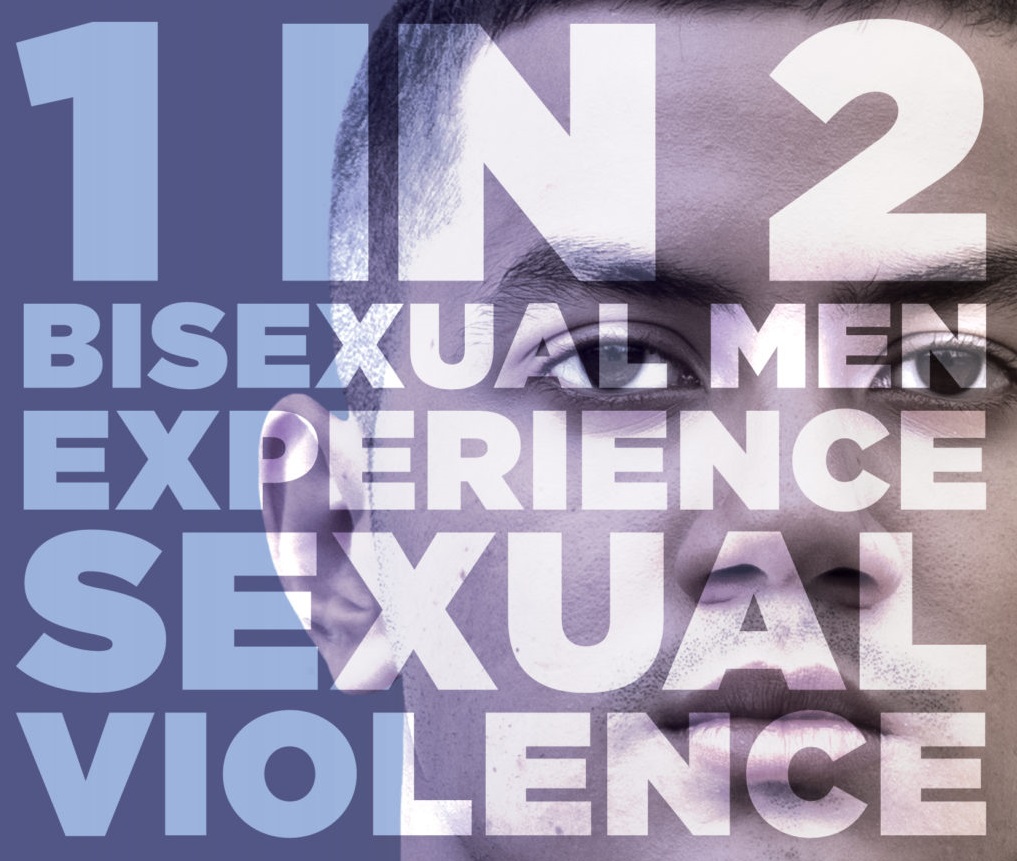
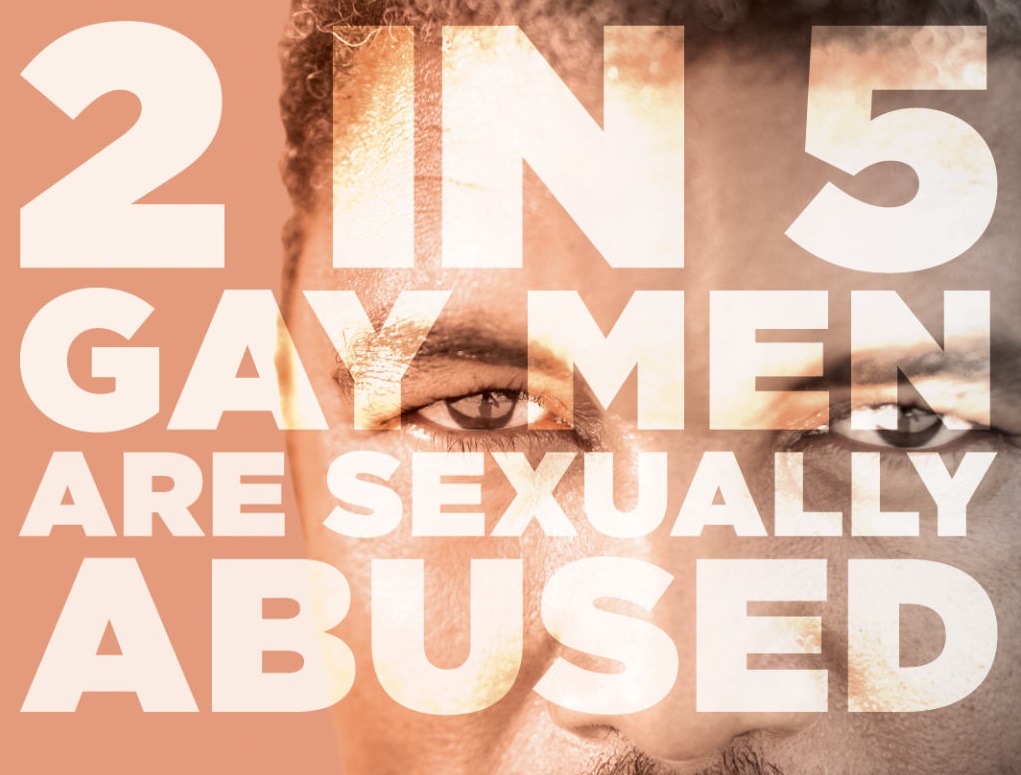
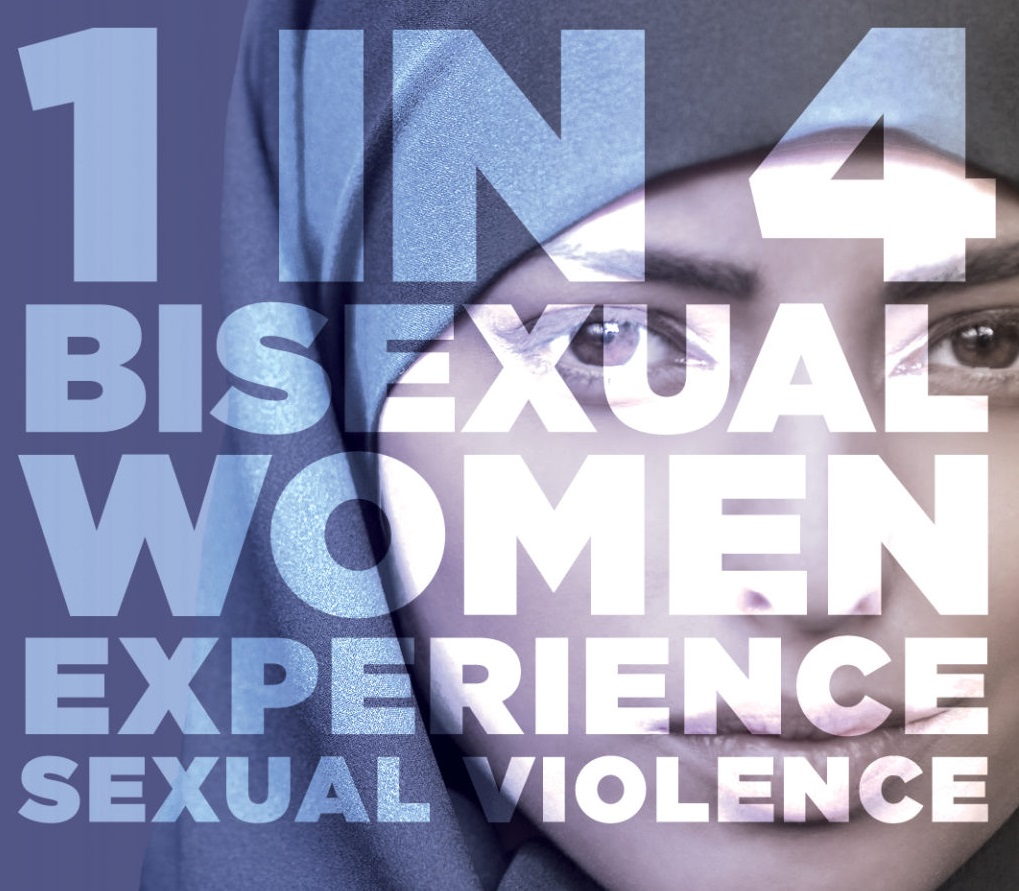
Seeking
Solutions... Addressing domestic violence within the
LGBTQ community requires a multi-faceted approach:
Awareness and Education: Raising awareness about the
unique challenges faced by LGBTQ individuals
experiencing domestic violence is crucial. This includes
training for law enforcement, healthcare providers, and
support organizations.
Safe Spaces and Support: Creating safe spaces and
tailored support services that understand the specific
needs of LGBTQ survivors is essential. This involves
offering inclusive shelters, counseling, and legal
assistance.
Legal Reforms: Advocating for legal reforms that protect
LGBTQ individuals from discrimination and violence is
vital. This includes pushing for comprehensive
anti-discrimination laws and ensuring that existing
domestic violence laws are inclusive.
Community Engagement: Building strong LGBTQ communities
can provide vital support networks for those
experiencing domestic violence. Community organizations
can play a pivotal role in raising awareness, providing
resources, and facilitating conversations.
Myths About LGBTQ Domestic Violence
Intimate Partner Violence
National Coalition of Anti-Violence
Program
Washington Post: Violence and Abuse in LGBTQ
Relationships is Common
Trans Men and
Domestic Abuse
Love is Respect: Healthy LGBTQ Relationships
Broken: Song by Kim Petras
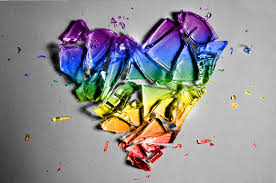
Domestic violence is an issue that affects individuals
across all walks of life, including the LGBTQ community.
By acknowledging the unique challenges faced by LGBTQ
individuals and advocating for targeted solutions, we
can work towards a society where everyone, regardless of
their sexual orientation or gender identity, can live
free from the fear of intimate partner violence. It's
crucial to continue the conversation, raise awareness,
and foster an environment of acceptance and support.
Myths About LGBTQ Domestic Violence
Intimate Partner Violence
National Coalition of Anti-Violence
Program
Washington Post: Violence and Abuse in LGBTQ
Relationships is Common
Trans Men and
Domestic Abuse
Love is Respect: Healthy LGBTQ Relationships
Broken: Song by Kim Petras
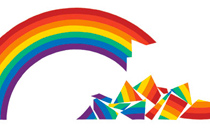
Violent, Abusive, Coercive Behaviors
Physical Abuse - Hitting, choking,
slapping, burning, shoving, hitting with objects, using
a weapon, restraining.
Restricting Freedom - Controlling whom
you can see, what groups or organizations you can be in,
what you can read or know about, what movies you can
see, where you can go.
Emotional Abuse - Criticizing you,
humiliating you, lying to you, neglecting you, causing
you to feel degraded.
Threats and intimidation - Threatening to
harm children, family, friends or pets. Threatening to
report your sexual identity, HIV or citizenship status
to the authorities or others.
Love is Respect
Domestic Violence is an LGBTQ Issue
Gay, Lesbian and Bisexual Youth Raped and
Abused by Dates More Often
Rainbow Domestic Violence
Rise in Dating Violence in LGBTQ Youth
Is Your Partner Setting a Boundary or Controlling Your
Behavior
Intimate Partner Violence
Trans Men and
Domestic Abuse

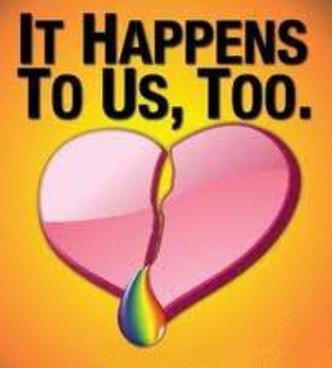
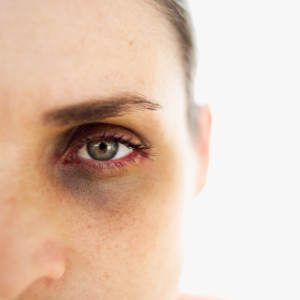
Economic Abuse - Taking control of your
money or stealing it, running up debts, making you
dependent against your will.
Sexual Abuse - Rape, forcing sex or
certain sex acts, forcing sex with others, assaulting
parts of your body, withholding sex, criticizing sexual
performance, refusing safer sex, disrespecting “safe
words” or violating boundaries of a “scene.”
Destruction of Property - Damaging
personal object or clothing, overturning or breaking
furniture, vandalizing the home, throwing or smashing
things, destroying clothes.
Medical Abuse (esp.
HIV-Related) - Getting in the way of
medical treatment, withholding medications, destroying
important documents, threatening to reveal HIV status to
friends, family, employers, immigration or governmental
authorities.
Heterosexist Control - Threatening to
“out” you to others in situations where you have chosen
not to come out or feel it is unsafe to do so.
Broken: Song by Kim Petras
Sexual Assault and the LGBTQ Community
LGBTQ People are More Likely to be
Victims of Domestic Abuse and Support Systems are
Failing Them
National Intimate Partner and Sexual Violence Survey
Legal Rights of LGBTQ Victims of Domestic
Violence
Williams Institute:
Intimate Partner Violence Among LGBTQ People
Domestic Violence Statistics
According to the ABA Commission on
Domestic Violence, domestic violence occurs within
same-sex relationships as it does in heterosexual
relationships. The acronym LGBTQ is often used and
stands for lesbian, gay, bisexual and transgender.
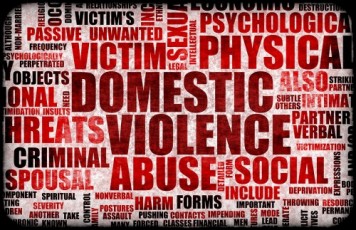
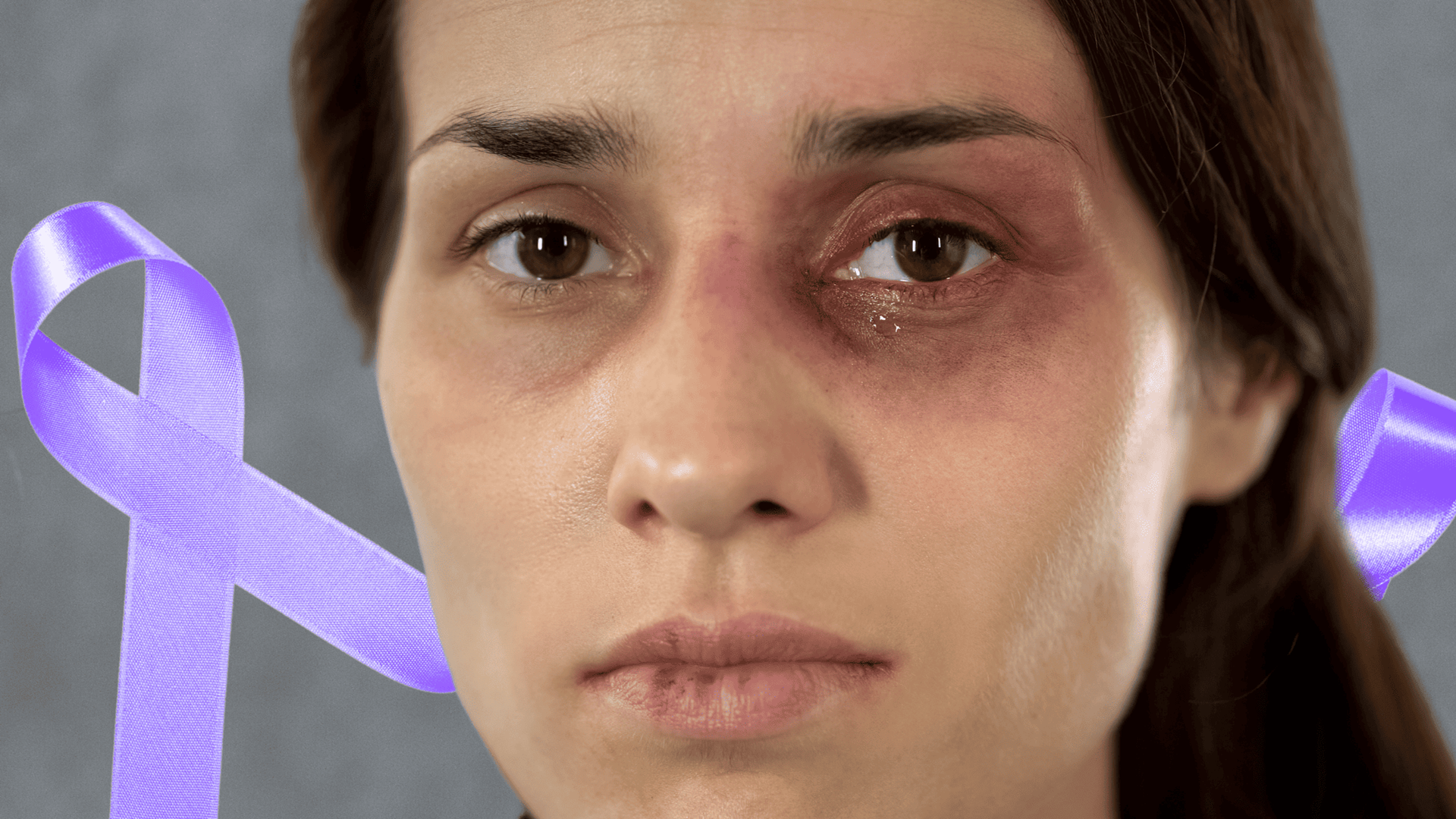
Myths About LGBTQ Domestic Violence
Intimate Partner Violence
National Coalition of Anti-Violence
Program
Washington Post: Violence and Abuse in LGBTQ
Relationships is Common
Trans Men and
Domestic Abuse
Love is Respect: Healthy LGBTQ Relationships
Broken: Song by Kim Petras
11% of lesbians reported violence by
their female partner and 15% of gay men who had lived
with a male partner reported being victimized by a male
partner.
Of the LGBTQ victims who sought services
from the New York City Gay and Lesbian Anti-Violence
Project, 36% of clients in 2003 and 38% of clients in
2004 filed police reports regarding intimate partner
violence.
Eighty-eight percent of victims in 2003
and 91 percent of victims in 2004 reported experiencing
prior incidents of abuse, with the majority (45 percent
and 47 percent, respectively) reporting having
experienced more than 10 prior incidents.
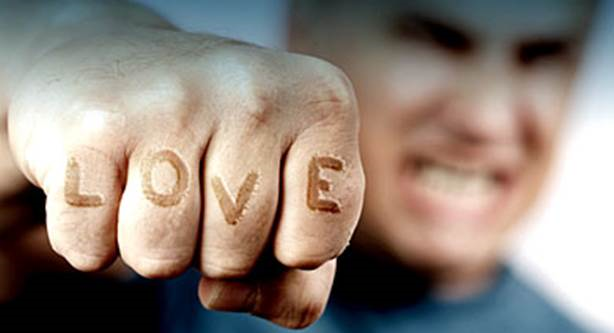
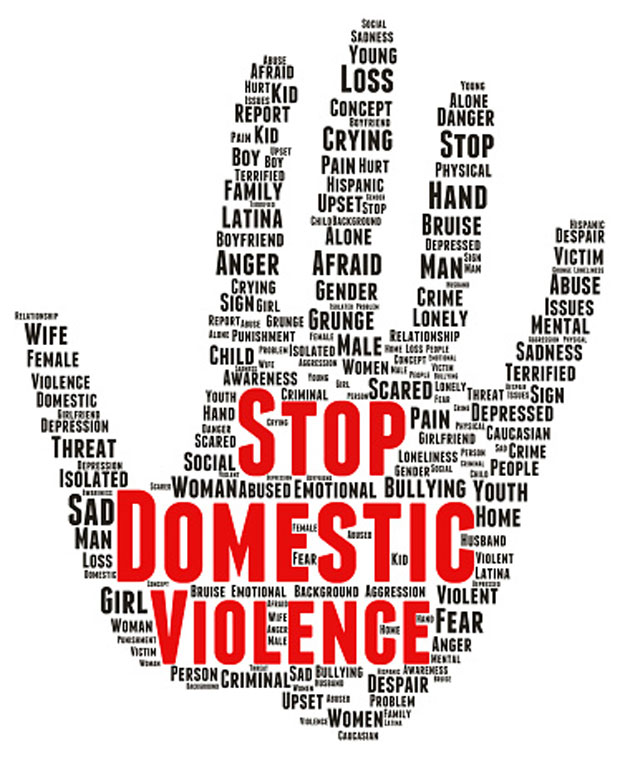
One survey found that same-sex
cohabitants reported significantly more intimate partner
violence than did opposite-sex cohabitants. Among women,
39.2% of the same-sex cohabitants and 21.7 of the
opposite- sex cohabitants reported being raped,
physically assaulted, and/or stalked by a
marital/cohabiting partner at some time in their
lifetime.
15.4% of same-sex cohabiting men reported
being raped, physically assaulted and/or stalked by a
male partner, but 10.8% reported such violence by a
female partner.
Domestic Violence Statistics: Horrific Reality
Sexual Assault and the LGBTQ Community
National Intimate Partner and Sexual Violence Survey
Intimate Partner Violence
Domestic Violence: Resource Guide
National Coalition Against Domestic Violence
NCADV: Abusive LGBTQ Relationships
Domestic Violence Facts and Statistics
HOME
QUEER CAFE
│ LGBTQ Information Network │ Established 2017
|